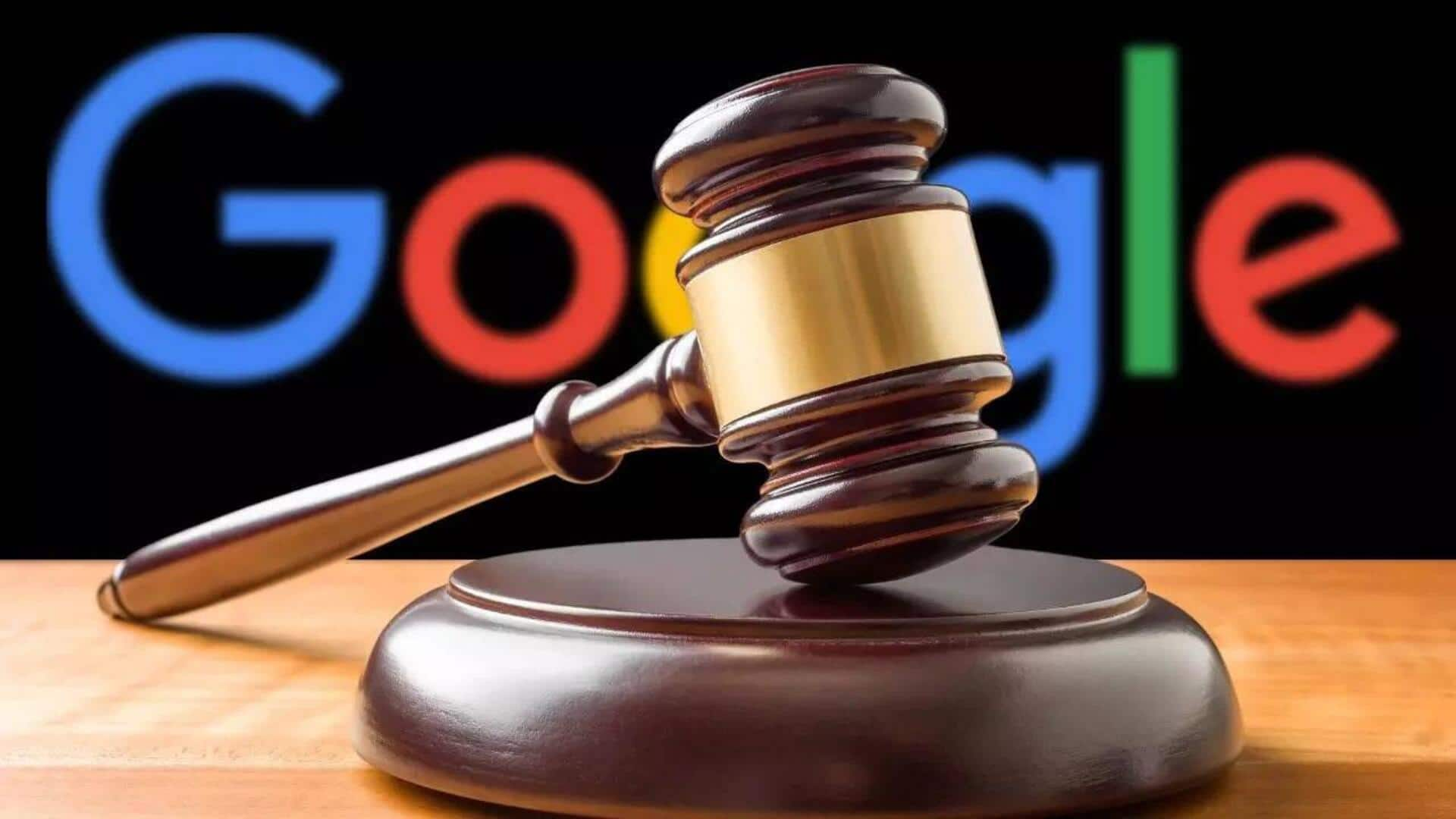
Russia hits Google with a $2.5 trillion trillion trillion fine
What's the story
A Russian court has slapped a $2.5 decillion ($2.5 trillion trillion trillion) fine on Google for reportedly blocking pro-Kremlin content from Russian media companies on its video-sharing platform, YouTube. The mind-boggling amount is the result of four years' worth of fines that have doubled weekly under Russian law since 2020. The first penalty began with 100,000 rubles (about $1,000), imposed after media outlets Tsargrad and RIA FAN won lawsuits against Google over restrictions on their YouTube channels.
Escalation
Additional fines and restrictions
In 2022, Google was charged with more fines for banning other media outlets supporting Russia's invasion of Ukraine. Last year, the Russian court had ordered Google to restore affected YouTube accounts and indicated a penalty would be imposed for non-compliance. Google recently limited the creation of new accounts for Russian users and deactivated AdSense accounts in the country in August this year. Since March 2022, online ads haven't been served to Google users in Russia as part of broader sanctions.
Financial impact
Google's Russian subsidiary files for bankruptcy
The restrictions resulted in the seizure of Google's bank accounts by Russian authorities, driving the US firm's Russian subsidiary to bankruptcy. Despite these challenges, Google's free services like YouTube and Search have continued to function in Russia. In its latest quarterly results, published on Tuesday evening, Google acknowledged its ongoing legal issues in Russia but claimed it doesn't think these matters will have a material adverse effect.
Market response
Alphabet's shares rise despite fine
However, the massive fine didn't appear to impact Google's parent company Alphabet, whose shares surged over 5% in after-market trading on Tuesday. The increase came after the company surpassed its third-quarter earnings expectations.It's important to note that such a fine is far beyond Google's actual financial capacity and is likely seen as a symbolic measure by Russia.